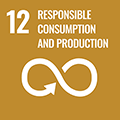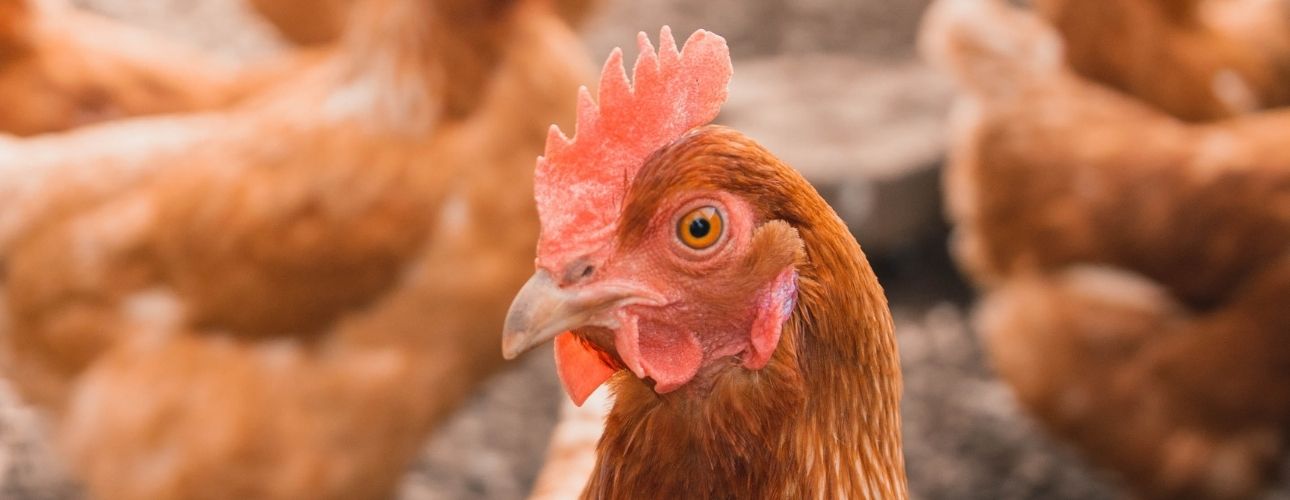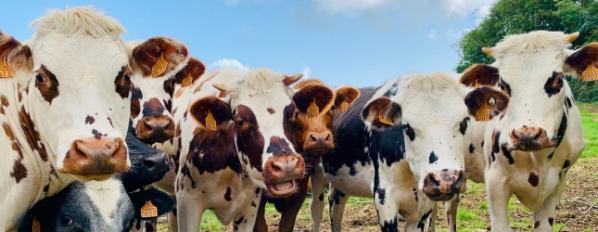Researchers at Queen’s University have conducted large-scale research which has led to improved welfare of chickens by demonstrating the benefits of windowed housing, perches and other types of environmental enrichment. The research has informed changes to Red Tractor, RSPCA and RSPCA Australia quality assurance standards.
Research Challenge
ANIMAL WELFARE CONCERNS WITHIN THE POULTRY INDUSTRY
Public perception of poultry welfare can be poor, and with no legal requirements for environmental enrichment for broiler chickens, producers are creating their own “higher welfare” systems for a growing demand.
Aggressive behaviours and keel bone injuries in laying hens are significant welfare concerns for the egg industry worldwide, particularly as many producers are moving from caged to non-cage systems.
Researchers at Queen’s sought to improve the standards under which poultry around the world is farmed, and in doing so, enhance poultry quality assurance for the consumer.
Our Approach
A LARGE-SCALE STUDY ON THE BENEFITS OF AN IMPROVED ENVIRONMENT
Large-scale research involving 40,000 birds, in collaboration with Skea Eggs Ltd, showed that use of aerial perches reduced aggressive behaviour and improved hen welfare under free-range (e.g. non-caged) conditions.
Specifically, this research was conducted by splitting commercial houses on farms into two halves with aerial perches fitted on one side and a total of 17 measures of behaviour, health and productivity taken at regular intervals to thoroughly assess hen welfare over a one year lay cycle.
This research demonstrated the benefits of aerial perches in terms of reduced aggression and fearfulness, and improved body condition in laying hens. Importantly, productivity was not compromised and there was no consistent effect on keel bone injuries when aerial perches were provided.
Similar large-scale research was also conducted with broiler chickens, and collectively the research has informed changes to Red Tractor, RSPCA and RSPCA Australia quality assurance standards.
The research has informed changes to Red Tractor, RSPCA and RSPCA Australia quality assurance standards.
What impact did it make?
CHANGING INDUSTRY STANDARDS FOR THE BETTER
The research has helped inform quality assurance standards across different organisations. The Red Tractor Assurance, the largest farm assurance scheme in the UK, updated their standards to require that all houses be fitted with windows by October 2020, and that perches are provided to birds.
The research also informed revisions to the 2017 UK RSPCA Freedom Food Standards to specify that all new and existing laying hen housing must provide raised perch space (at least 8 cm per bird).
RSPCA Australia, with over 500,000,000 broilers in their scheme, also made changes to Approved Farming Standards which were informed by the research. These include a requirement that artificial light must provide at least the broad spectrum visible to humans by 1st July 2021.
They stated:
“…RSPCA Australia wishes to recognise the work published from Queen’s University Belfast which has assisted in our efforts to improve the welfare of layer hens and meat chickens in Australia. The body of work dealing with perching provision for layer hens and lighting and enrichment in broiler chickens has led to knowledge exchange...for example, our submission of the proposed draft Australian Welfare Standards and Guidelines-Poultry and the RSPCA Approved Farming Scheme...”
The research influenced infrastructure changes on Moy Park farms, a leading distributor of poultry products in the UK and Europe.
The research also helped to underpin a major NGO-led welfare initiative for broiler chickens; The Better/European Chicken Commitment) with commitment from European and American food companies.
Our impact
Impact related to the UN Sustainable Development Goals
Learn more about Queen’s University’s commitment to nurturing a culture of sustainability and achieving the Sustainable Development Goals (SDGs) through research and education.










